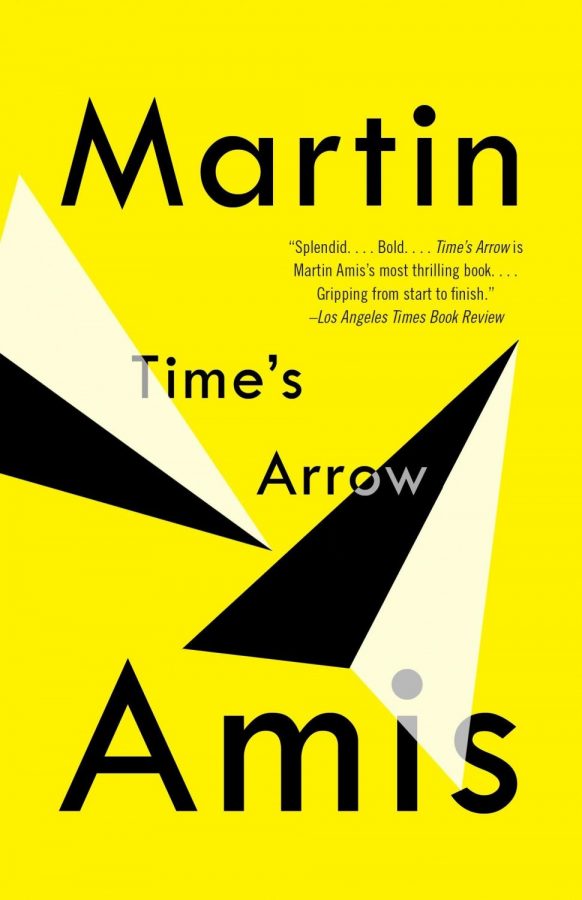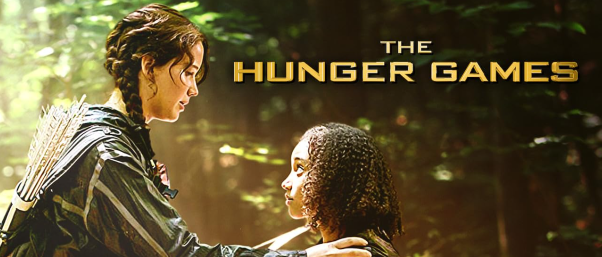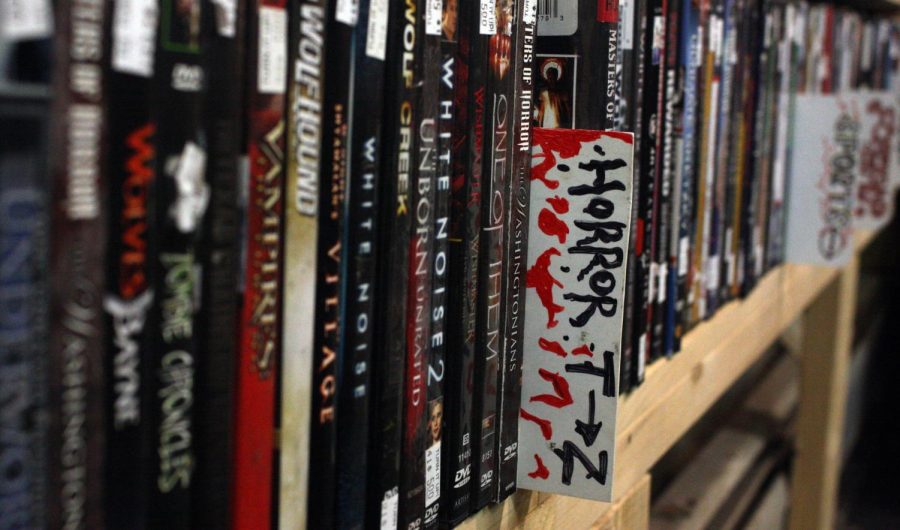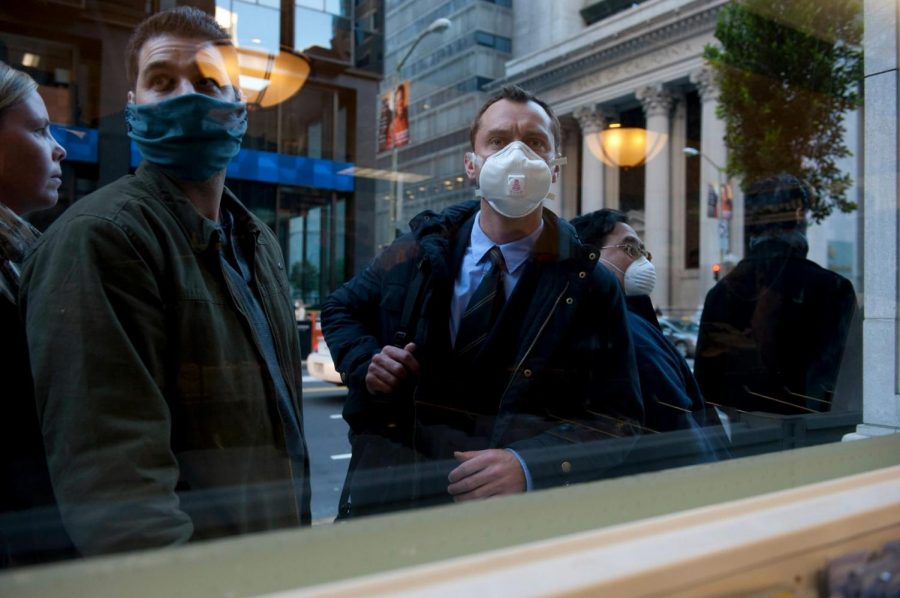On Thursday, the Institute for Holocaust, Genocide and Memory Studies hosted a talk given by University of Virginia professor, Jeffrey A. Grossman, advertising an exploration of what is dubbed as the “healing-killing paradox.”
Grossman is an associate professor and chair of the German department at UVA, where he is additionally a member of the Jewish studies and comparative literature programs. Grossman is currently working on a book about the faults of translation between Yiddish and German literature between 1890 to 1933.
During the event, Grossman explored Martin Amis’ historical-fiction novel, “Time’s Arrow,”which follows the story of a Nazi war criminal.
The story, published in 1991, is told through two time-conflicting narrations of the same individual. The Nazi criminal relocates to America after World War II and operates under an assumed name.
In reference to the novel, a description on the UMass website of the event asked, “How does perception of events change when viewed uncomprehendingly in reverse? And why go to the trouble of telling a Nazi war criminal’s story in reverse?”
The novel features two narrations. In the first narration, the events of the doctor’s life are told in a reverse chronology, beginning with his death, and ending with his birth. Conversely, the second narration begins with his birth and ends with his death. This interesting concept of time reversal was inspected heavily throughout Grossman’s talk, as he also addressed how it can impact atrocities and crimes committed by one person unto another.
“Of the various literary genres, the novel is perhaps by definition the most experimental … and still, it is very uncommon to find novels told in reverse,” Grossman said.
“The talk felt important to me because it’s trying to consider how people get into the situation of committing crimes against other people,” Madeleine Cohen, an attendee of the event, said. Cohen is a current scholar of Yiddish literature and works at the Yiddish Book Center in Amherst.
Cohen added, “It’s always easy to say ‘I could never do this to another person,’ but reading books like this asks us to consider that [there] are plenty of people [who] do these horrible things and they probably wouldn’t think that they would.”
Cohen continued to say the talk emphasized the importance of the Holocaust, a genocide in which the novels character, a Nazi doctor, partook in.
“I find it very interesting to think that we keep coming back to the Holocaust … I believe we do so to try and learn lessons from it, even if it may seem outdated or ‘long ago’ to folks today.”
Cameron Gibney can be reached at [email protected].



















